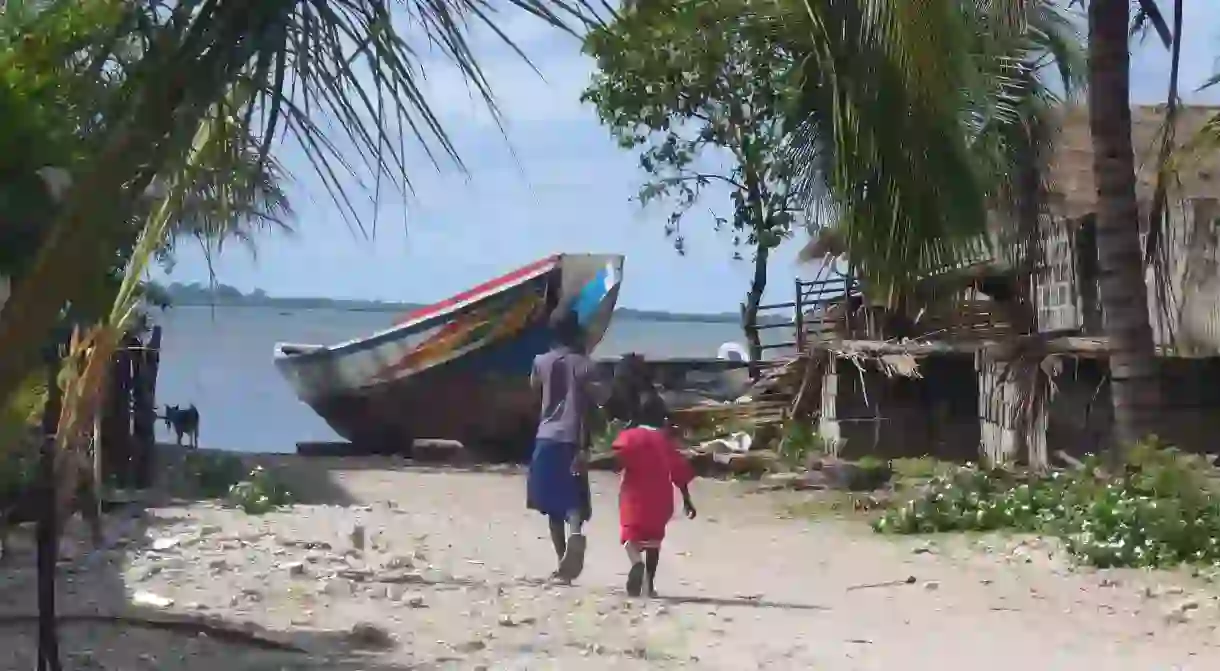How Safe is it to Travel in Senegal?

Senegal is known for being one of the safest countries in West Africa. From relatively low levels of crime and disease to a population renowned for being generous hosts, Senegal tends to be a safe, hassle-free travel destination.
A stable democracy with a friendly and welcoming population, travelling to and through Senegal is safer than most other countries in the region. Visitors to the nation of ‘Teranga’ (which roughly translates as ‘hospitality’ in Wolof) will have a rewarding and safe travel experience, especially if heeding the following advice.
Malaria
In recent years, Senegal has made vast strides in the battle against malaria, with the rate of outpatient cases tumbling from over 30% in the early 2000s to less than 5% in 2015 (hopes are high for total elimination by 2030). Many of the main tourist areas, such as Dakar, Saint-Louis, la Petite Côte and Casamance’s Atlantic Coast can be visited without anti-malarials, but visitors should take precautions if heading in-land (especially the south-east) and during the rainy season (July-September).

Water
In short: buy bottled. Tap water is fine for cooking, washing vegetables, boiling a cup of tea or coffee and brushing one’s teeth, but when it comes to drinking, it’s best to stick to bottled water (although don’t panic if you accidently glug a glass of tap water). Readily available across Senegal, 1.5 litre bottles cost between 200-400 CFA ($0.35-70) in a supermarket or boutique (‘local convenience store’) or up to 1500 CFA ($2.65) in a restaurant. However, the plastic sachets offered through your bus or taxi window are the cheapest form of clean water available at 50 CFA (10 cents) each.
Cultural respect
Rule #1 in any traveller’s handbook. Although most Senegalese are understanding of western cultures, with many adopting western-style dress and tastes themselves, visitors should be mindful of local cultural practices and beliefs. This can range from being appropriately dressed while entering religious buildings to respecting animals roaming the streets (as they could well be someone’s livelihood). In particular, take extra caution during religious festivals. During Ramadan, for example, it’s not great manners to eat and drink on the street during daylight hours, while most are abstaining.

Street Crime
On the whole, Senegal has a very low rate of thievery and street crime. Leave your belongings unattended – such as a beach bag while swimming or a phone charging behind a bar – and it tends to be there when you get back. However, no country is immune to petty crime and Senegal is no exception.
In particular, pickpockets operate in the downtown Plateau area of Dakar, especially around the Place de L’Indépendence and Sandanga Market, while robberies have been known to take place along the Western Corniche at night. In general, if you stick to well-lit areas, avoid large gatherings (demonstrations etc) and keep valuables out of sight (preferably zipped up in either a pocket or bag), you should be fine.
Roads
Roads are the biggest danger to your health in Senegal. In cities and towns, pedestrians, taxis, motorbikes, horse-carts and trucks all jostle for superiority and will perform any manoeuvre that will give them an edge (don’t be surprised if your taxi decides to drive up a pavement to avoid a one-way system).
Inter-city travel is no less chaotic and should only be done during the day, due to poor roads and vehicles driving without lights. Taking a taxi or hiring a driver is the best option for most tourists trying to get around the country, but hiring a car can be fine if you are an experienced driver.

Extremism
In a country proud of its harmony and tolerance, there is little appetite for religious extremism and unlike some of its neighbours, there has never been a terrorist attack on Senegalese soil. Meanwhile, Casamance has experienced separatist violence in the past, but this has simmered since peace talks in 2013, and tends to affect the less touristy areas to the east of Ziguinchor and west of Kolda.
Scams
Tourists are to scams, like butter is to toast: they were made for each other. Some of the most popular in Senegal revolve around buying milk for someone with a ‘newborn baby’, helping out a small-business owner exchange small notes for big notes and being given ‘free’ bracelets. Also, if you’ve booked a driver to meet you at the airport, ensure they properly identify themselves before you load up.














